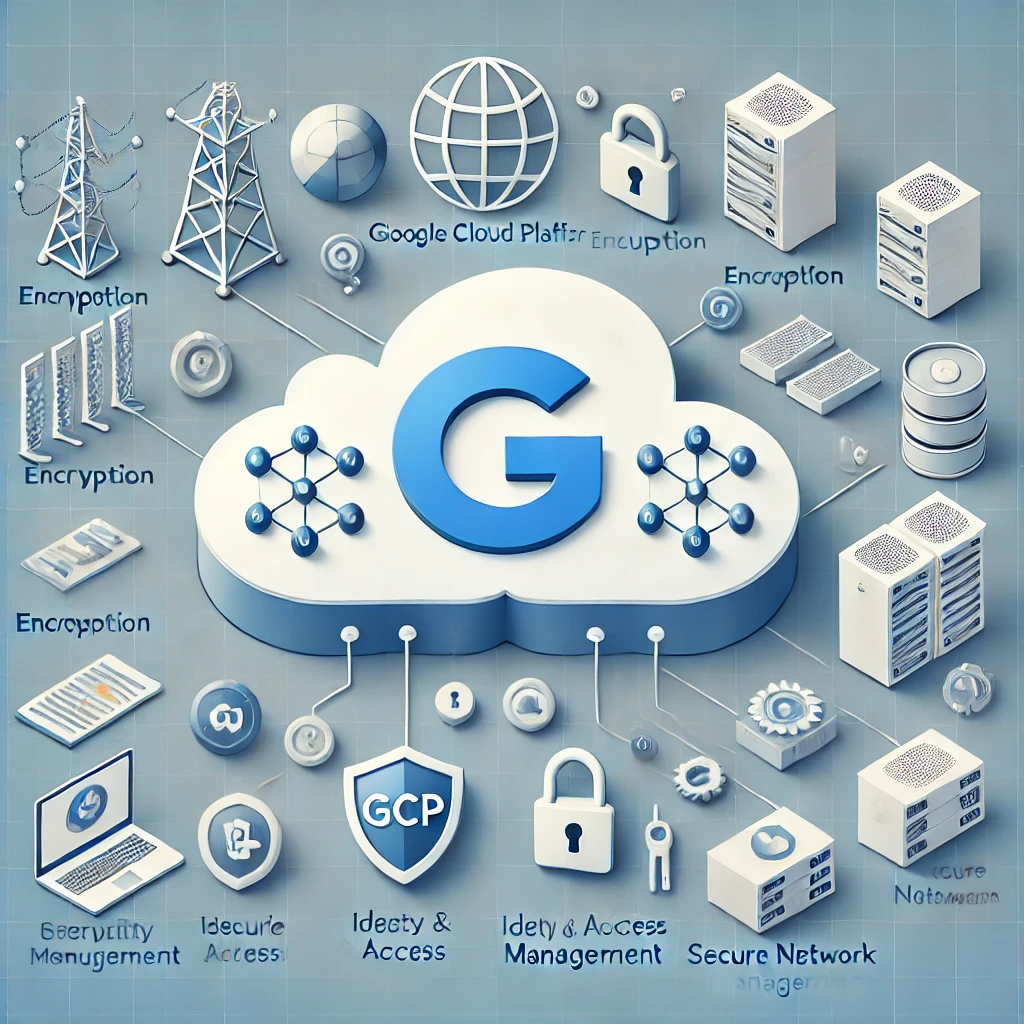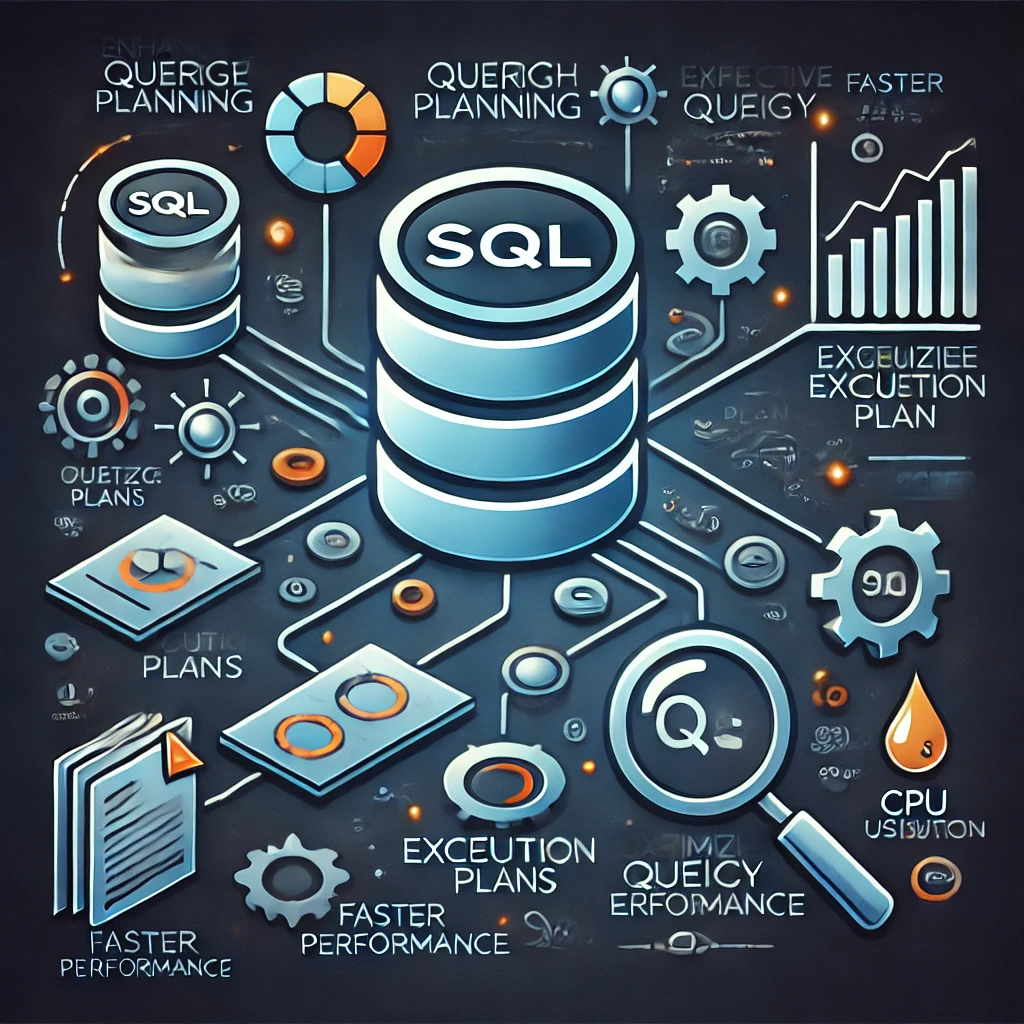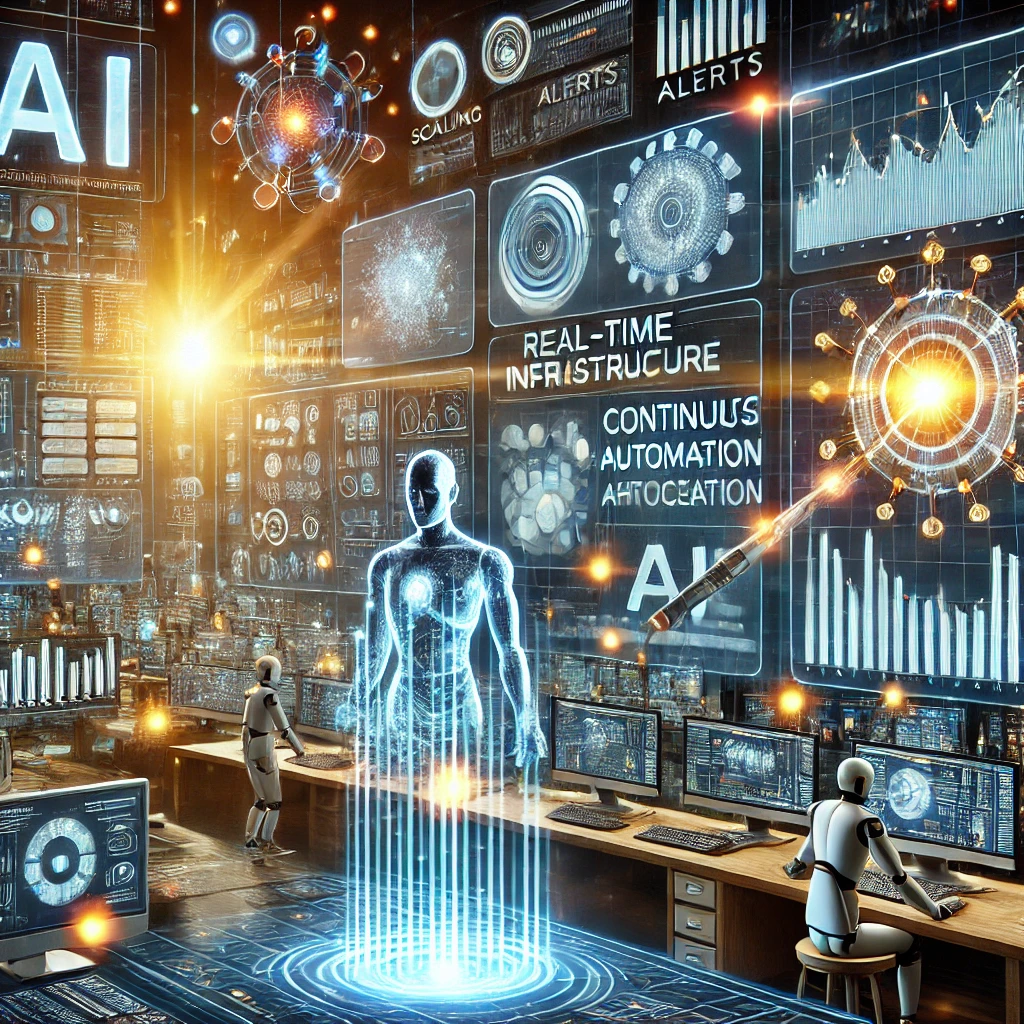Harnessing the Power of AI to Optimize DevOps Efficiency
 Derek Walsh in artificial-intelligence118 days ago
Derek Walsh in artificial-intelligence118 days ago
The synergy between DevOps and AI is revolutionizing how we build and deploy software, leading to faster development cycles, enhanced quality, and increased efficiency. This guide will delve into the practical ways AI can be leveraged to optimize your DevOps workflows.
Automating Repetitive Tasks
AI excels at automating mundane, repetitive tasks, freeing up your DevOps team to focus on more strategic initiatives. Consider these applications:
- Automated Code Reviews: AI-powered tools can analyze code for potential bugs, security vulnerabilities, and style inconsistencies, accelerating the review process and ensuring code quality.
- Infrastructure Provisioning: AI can automate the provisioning of infrastructure resources based on predefined configurations, eliminating manual errors and speeding up deployment times.
- Monitoring and Alerting: AI-driven monitoring tools can analyze real-time data to identify anomalies, predict potential issues, and proactively trigger alerts, enabling faster resolution of incidents.
Predictive Analytics for Enhanced Decision-Making
AI excels at analyzing vast amounts of data to identify patterns and predict future trends. This capability can be leveraged to:
- Predict Deployment Success Rates: Analyze historical data to predict the likelihood of successful deployments, allowing you to identify potential risks and take proactive measures.
- Optimize Resource Allocation: Analyze resource utilization patterns to forecast future needs and allocate resources dynamically, ensuring optimal efficiency.
- Identify Bottlenecks in the Development Pipeline: AI can analyze data from various stages of the development pipeline to pinpoint bottlenecks and suggest improvements for smoother workflow.
Boosting Collaboration and Communication
AI can facilitate seamless communication and collaboration within your DevOps team:
- AI-Powered Chatbots: Deploy AI-powered chatbots to provide quick answers to frequently asked questions, streamline communication, and reduce response times.
- Automated Documentation: AI can analyze code and generate comprehensive documentation, reducing the manual effort required for maintaining up-to-date documentation.
- Code Completion and Suggestion: AI-driven code editors can provide intelligent code suggestions and auto-complete code snippets, accelerating development and improving code quality.
Implementation Considerations
While the benefits of AI in DevOps are undeniable, it's essential to consider these points before implementation:
- Data Requirements: AI models need vast amounts of data to learn effectively. Ensure you have sufficient data to train your models.
- Security and Privacy: Address security and privacy concerns related to sensitive data used by AI systems.
- Skillset Development: Investing in training your team on AI tools and methodologies is crucial for successful adoption.
Conclusion
Leveraging AI in DevOps can significantly enhance efficiency, quality, and speed, transforming your software development processes. By embracing AI-powered solutions, you can optimize workflows, automate repetitive tasks, make data-driven decisions, and ultimately, deliver software faster and more effectively.



